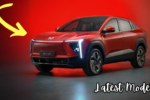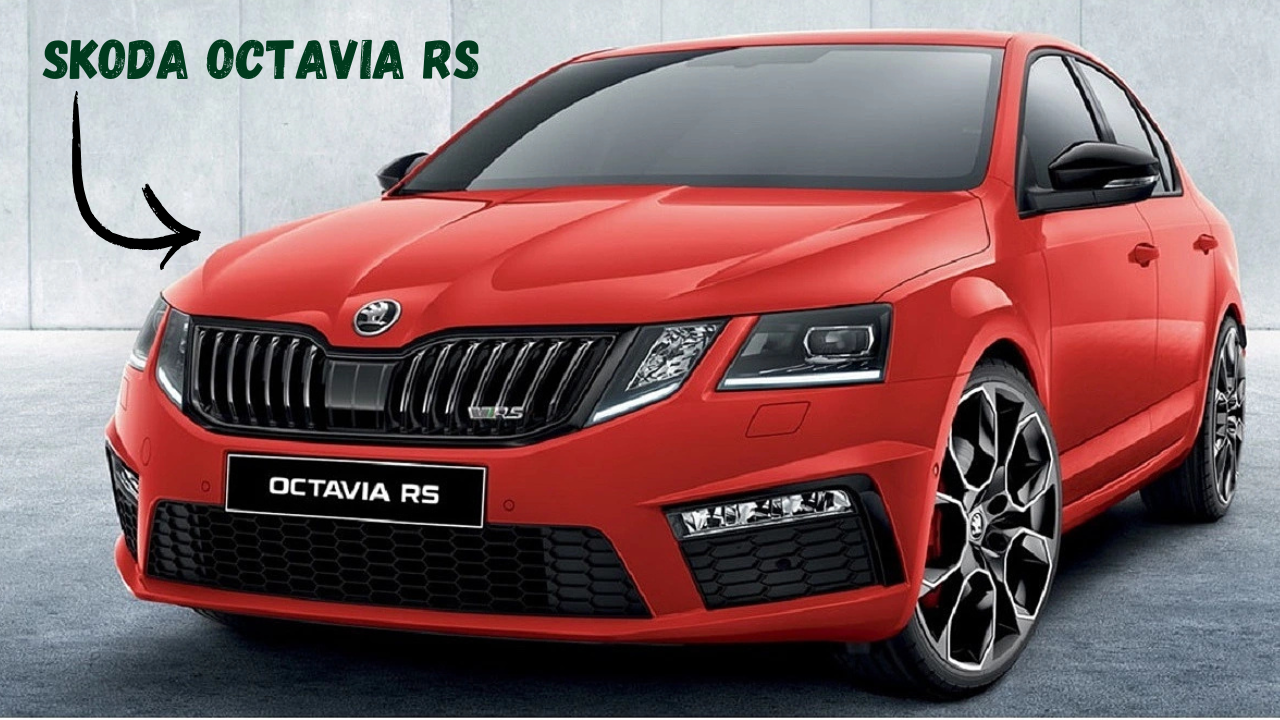The new generation of BMW M3, hoped to be released by the first quarter of year 2028, is planned to be assembled with a hybrid system all-electric and a straight-six turbo petrol engine according to the information sourced from UK Autocar. This method of having an additional powertrain signifies BMW’s commitment to protect the combustion engines as well as making the M3 market more appealing.
Interviewed by Autocar UK, BMW M CEO Frank van Meel shares his plan on how the brand’s famous division will go all electric. At the core of these strategies is the next generation M3, which is now retooled to take on battery-electric and combustion engine competitors like Mercedes-AMG C63.
New BMW M3 to Stick With A 6-Cylinder Turbo-Petrol
The next BMW M3 will continue to feature the 3.0-litre straight-six twin-turbo S58 petrol engine from today’s model, which meets future emissions regulations; it is clear that internal combustion power will remain a possibility as long as there is a market for it. Further, the all-electric M3 will be introduced on the Neue Klasse platform.
Frank van Meel, Chief Executive Officer of BMW M, adds they are also meeting the newest standards of emissions for combustion engines and their plan is on providing combustion vehicles. By that, the M3 shall retain its performance and handling characteristic.
Electric Details of Upcoming BMW M3
The electric version of the next-gen BMW M3 is gonna be based on the soon to be launched next generation 3 Series, likely next year while the ICE version will likely be a major step up for the current G80 M3, with design elements of the Neue Klasse.
Performance cars’ batteries need to provide a long driving range, so the first generation of BMW’s electric performance cars would be comparatively large and heavy, Van Meel admitted. However, he opined that, with improvement in the availability of public charging stations for EVs, a feasibility of mini packs spinning an optimum battery size makes cars lighter while swelling the occurrence of stronger battery packs becomes possible.
“Looking into the future all the cars should be fully electric”, concluded van Meel. Battery electric vehicles have not yet achieved their full potential as highly performing all electric vehicles, but they shall. But it does raise questions about charging networks – which is a question that goes far beyond car makers.”
To address the needs of the driving specialists, the next-generation M3 will include a new propriety quad-motor drive system that BMW M developers are using in test vehicles at this time. This system will allow maximum four-wheel torque vectoring, which controls the car’s handling and precise cornering characteristic of an M car.
Each component in the BMW M electric kit will be specially designed for the BMW M division because it will represent high-performance vehicles in the future. While M has used heavily derivative versions of standard BMW engines in the past, it shall continue to source parts from its parent company and create high output performance electric systems.
In the same way, we use the principles and methodologies here in the production of our high-performance engines. BMW AG: In this case, we are extremely in contact with BMW AG where we rely on them and their frameworks that are the foundations of what M create in M Automotive, van Meel said.


